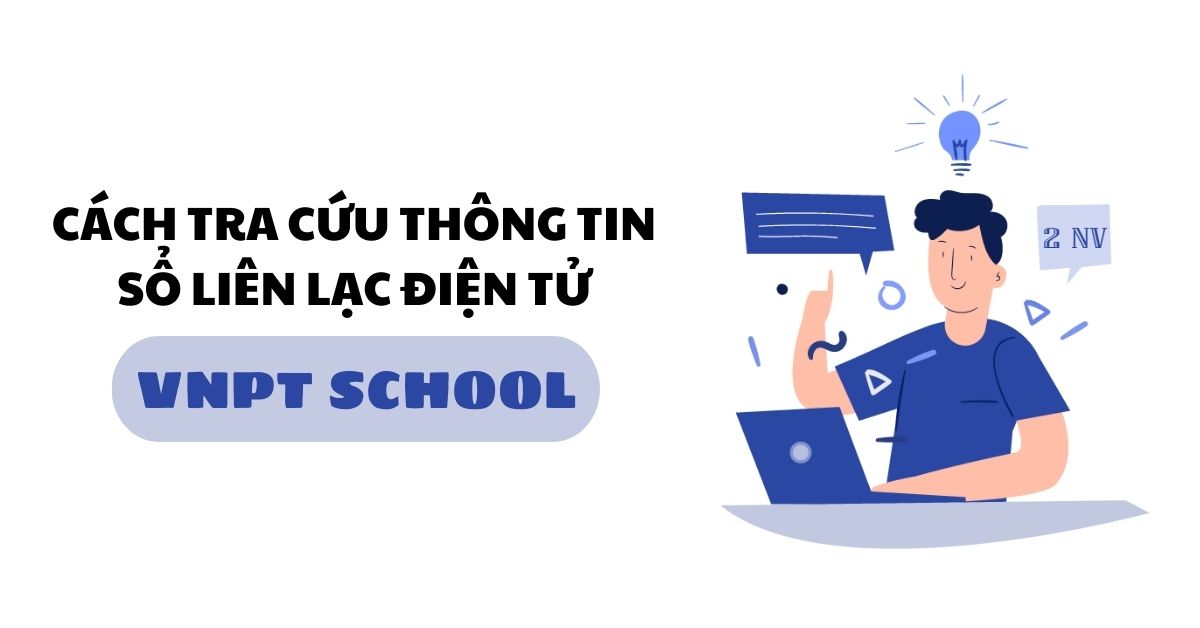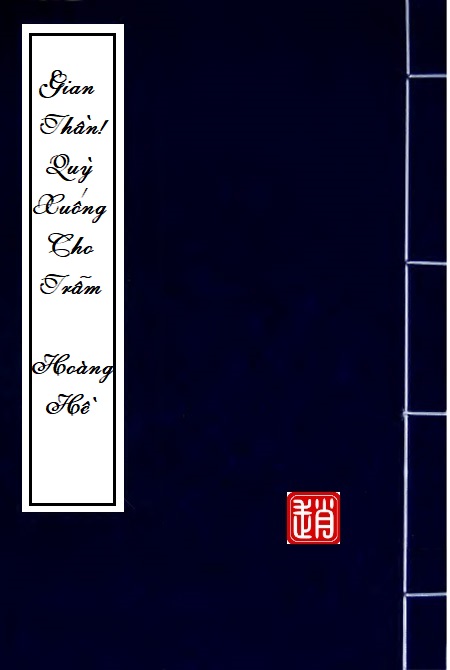Xem thêm
đọc truyện nghe nói em thích tôi
Read Chương 1 -Chương 5 from the story Nghe nói em thích tôi - Cát Tường Dạ by yangying715 with 90,867 reads. bacsy, cattuongda. Chương 1: Tự "Tôi tên Lưu Tra...
chào em cô giáo của tôi
Review truyện CHÀO EM, CÔ GIÁO CỦA TÔI của tác giả Trương Tiểu Tố:
Hai chữ “tuổi trẻ” sẽ gợi nhắc điều gì trong bạn?
Có người sẽ hoài niệm một thời lừng lẫy đã từng của mình, có người lại
không thể thoát khỏi nhân vật phản diện
Đọc truyện tranh Không Thể Thoát Khỏi Người, Đang cập nhật Tiếng Việt bản dịch Full mới nhất, ảnh đẹp chất lượng cao, cập nhật nhanh và sớm nhất miễn phí tại TimTruyen3s
sau khi kết hôn với tà thần
Tên Hán Việt: Hòa Tà Thần Kết Hôn Hậu
Tác giả: Phù Bạch Khúc (浮白曲)
Editor: Mẫn Hạ Trấn
Tình trạng:
+ Bản gốc: Hoàn (104 chương + 12 pn)
+ B...
ảnh hậu làm quân tẩu
Truyện Ảnh Hậu Làm Quân Tẩu của tác giả Đông Nhật Nãi Trà.
một thai ba bảo papa tổng tài siêu mạnh mẽ
Một Thai Ba Bảo: Papa Tổng Tài Siêu Mạnh Mẽ - Khương Lam Hân - tác giả: Nam Cung Tử Yê - Chương 472- Website đọc truyện online miễn phí - Truyenazz
thanh xuân là anh
Álbum · 2019 · 1 canción.
xuyên thành bạch nguyệt quang của tra công
Xuyên thành bạch nguyệt quang của tra công Hán Việt: Xuyên thành tra công đích hí tinh bạch nguyệt quang Tác giả: Duyên Cầu Bán Thế Thể loại: Nguyên sang, Đam mỹ, Hiện đại , HE , Tình cảm , Ngọt sủ…
omega giả làm nam thư ký beta cho thượng tướng thô bạo
Read Văn án from the story [ĐM/Edit] Omega giả làm nam thư ký Beta cho Thượng tướng thô bạo by nynuvola (Nynuvola) with 101,099 reads. ngọtsủng, đammỹ, abo...
gian thần quỳ xuống cho trẫm
奸佞!给朕跪下 Tác giả: Hoàng Hề Người dịch: Tiểu Triệu Thể loại : Cổ đại, nữ giả nam Tình trạng sáng tác: Hoàn thành Raw: Tấn Giang Mục lục: Văn án Chương 1 – Chương 2 – Chương 3 – Chươ…
Copyright © 2023 All Rights Reserved.




















